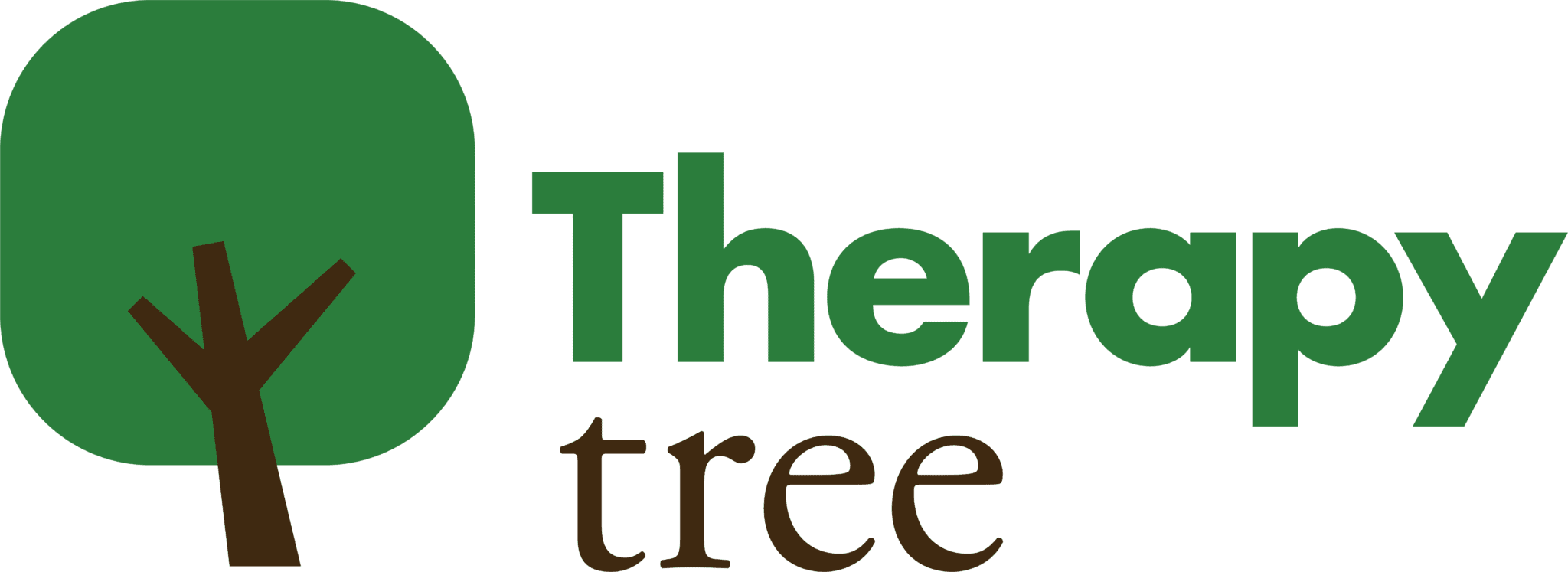If it were up to you, your child would sail through life without a care in the world. As parents, we try to protect our children from pain and discomfort—even though we know this is unrealistic.
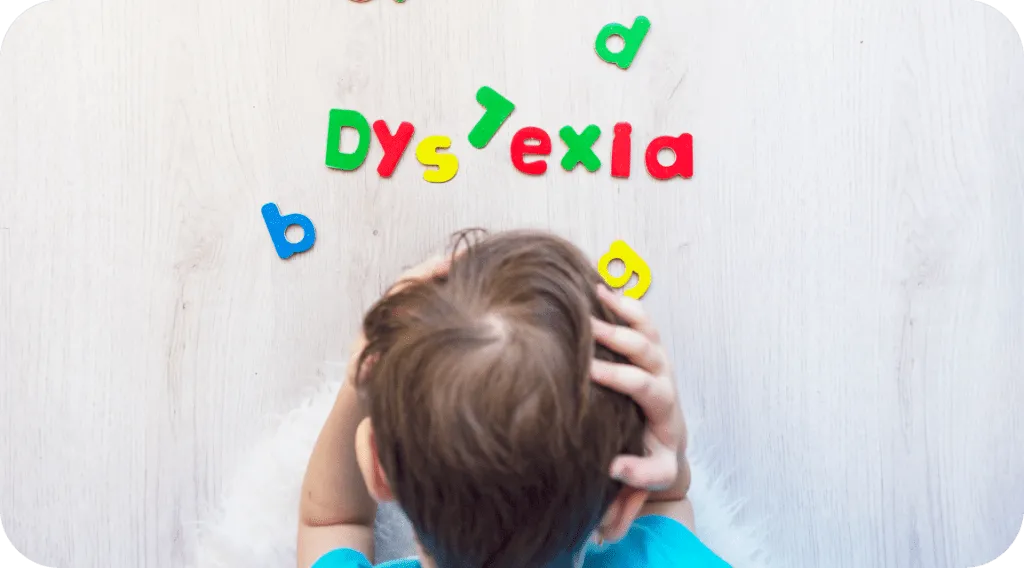
Someone once equated being a parent to watching your heart walk around outside your body—and this sentiment rings true for many of us.
It’s easy to feel helpless when your child is dealing with an issue you can’t easily fix or make disappear. Many families experience a grieving period when their child is diagnosed with any type of learning disorder. This is completely normal and ok.
But there’s good news—If your child is diagnosed with a learning issue like dyslexia, there’s help and support available for you.
Here at Therapy Tree, our therapists are skilled at identifying and treating children with learning disabilities, including dyslexia. Our team of Speech and Language Pathologists are qualified to assess and provide quality, evidence-based therapy for children with dyslexia.
We’ve helped many families like yours address and overcome issues that may otherwise have negatively impacted your child’s ability to read and fully participate in their school experience.
Let’s take a closer look at what dyslexia is, as well as how it’s identified and treated. We hope this knowledge will help you see how children with this issue can still thrive and succeed.
What is dyslexia?
Dyslexia is characterized as a developmental language disorder. Unlike some other learning disabilities, it typically occurs in children who have normal vision and intelligence.
Do a bit of research on dyslexia, and you’ll notice it’s typically defined as a reading disorder. While this is certainly true to a point—it isn’t the whole story on dyslexia.
As a term, dyslexia’s been around a long time. It was originally coined back in the late 1800s by a researcher, whose original focus was on acquired reading and language difficulties in adults.
In the past, researchers believed dyslexia was a visual issue—impacting a person’s ability to make out the words they saw on the page.
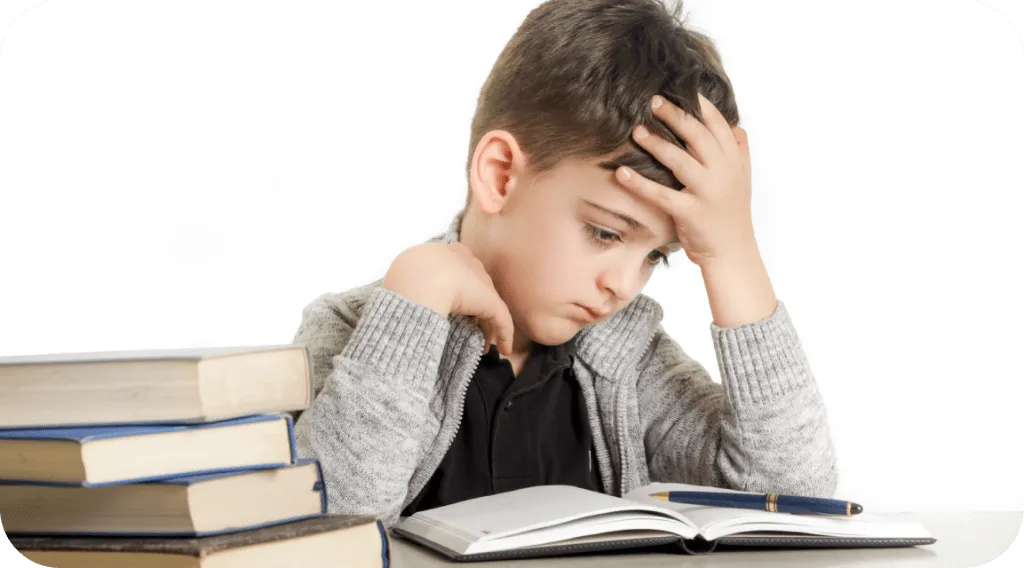
Current research, however, is in agreement that dyslexia affects not only reading skills but also phonological awareness skills in the people who experience it.
Phonological awareness is our ability to recognize and manipulate the sounds in our spoken language. This skill is foundational to gaining literacy skills, as understanding how sounds are combined is an important building block to learning how the sounds of our spoken language are mapped onto the symbols (or letters) of our written language.
Researchers have found kids with dyslexia often struggle with remembering sounds, sound combinations, and whole words. This knowledge is crucial when it comes to recognizing sounds and words when reading, so it’s easy to see why dyslexia is often called a reading disorder.
Kids with dyslexia typically experience difficulty with word-level reading and also spelling skills. These issues can negatively impact their ability to acquire the literacy skills necessary to succeed in school.
Dyslexia is a very common type of learning disorder—with several million new cases diagnosed each year. That may seem like a lot—but this doesn’t necessarily mean that cases of dyslexia are actually increasing.
More likely, the high number of diagnosed cases of dyslexia is due to the fact that we’re much better nowadays at identifying and diagnosing this issue when it occurs.
And that’s a good thing—because it means children today with dyslexia are getting access to the treatment and support they need.
This also means—if you have a child who’s been diagnosed with dyslexia—you’re not alone.
Many children with dyslexia go on to become successful adults with all types of career paths and opportunities. In fact, many adults today have dyslexia that was never actually diagnosed—some don’t even realize they have it until much later in life.
Now that so much more is known about dyslexia, many people are realizing the learning difficulties they experienced in school were because of this issue.
When it comes to your child, it’s our goal to spare them this struggle by identifying and treating their dyslexia as early as possible. Early intervention and treatment for issues like dyslexia can make a big difference in a child’s life and experience in school.
Here at Therapy Tree, our team of skilled therapists help families everyday to address and overcome the issues impacting their children’s learning and development.
In particular, our excellent Speech and Language Pathologists are highly trained in assessing and treating dyslexia and other learning, speech, language, and cognitive issues children experience.
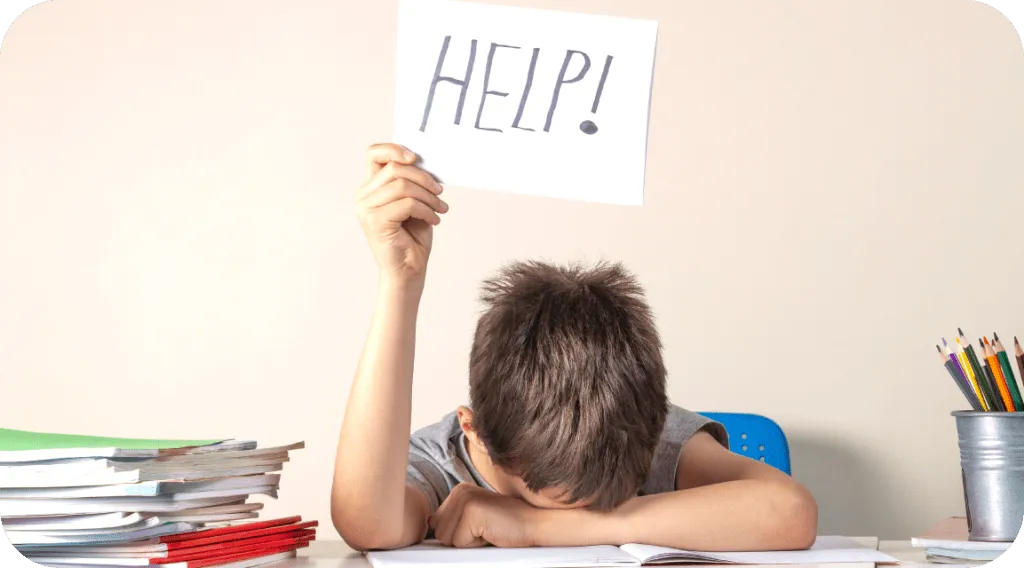
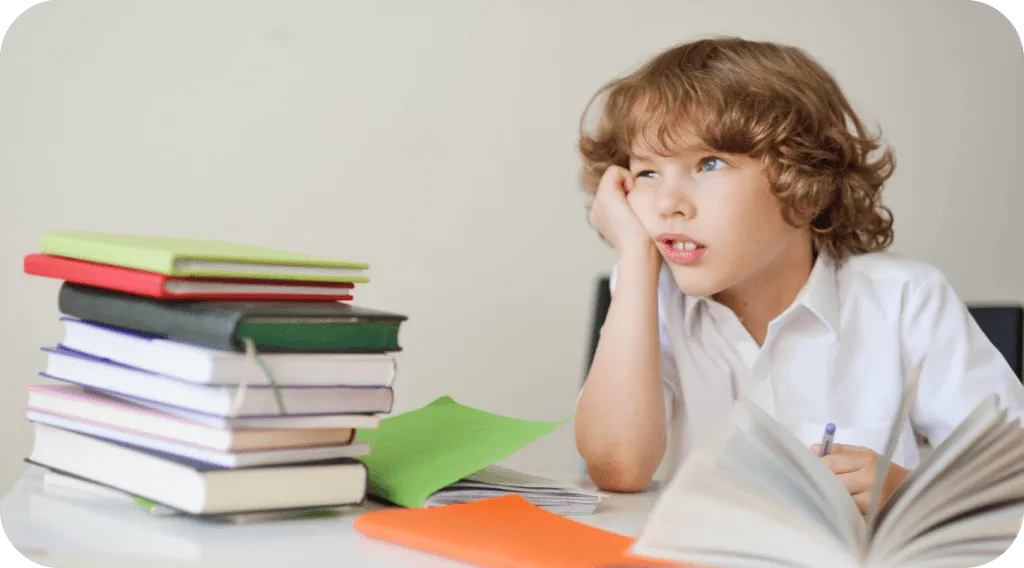
How does dyslexia impact school-aged children?
While dyslexia may affect a child’s life in many different ways, its negative impact on their school experience is a major obstacle we therapists work to overcome.
Children are typically not diagnosed with dyslexia until they enter school. This is largely because the most recognizable signs and symptoms of dyslexia don’t show up until a child begins to learn to read and write. Also, parents may not notice the signs of dyslexia as they’re not trained to do so—or they may chalk the signs up to other issues or concerns.
When it comes to emergent literacy skills—the school system moves at a fast pace. By the end of first grade, students are expected to know how to read and write. By third grade, a major shift happens that transitions students from learning to read to reading to learn.
At this grade level, children are expected to be able to focus on understanding what they read, and the learning focus turns toward comprehension and extracting meaning from printed text.
Children with dyslexia can easily fall behind their same-aged peers during this crucial time in their education. That’s why it’s vital we work to identify and treat issues with reading, writing, and language skills as early as possible—to prevent this gap from occurring or widening.
Let’s take a look at how dyslexia is treated, and who is typically involved in dyslexia intervention.
How is dyslexia treated?
A Speech and Language Pathologist (SLP) is your go-to therapist for helping children with dyslexia. SLPs are trained in targeting literacy skills among children—and are skilled at assessing and treating dyslexia.
(If you’re interested in what else an SLP can help you with—check out this article we wrote)
Here at Therapy Tree, our excellent team of SLPs are highly qualified in helping your child to overcome their issues with dyslexia.
Following a thorough assessment of your child and their needs, they’ll create a dynamic, individualized treatment plan that targets the skills your child needs to master in a way they’ll find fun and engaging.
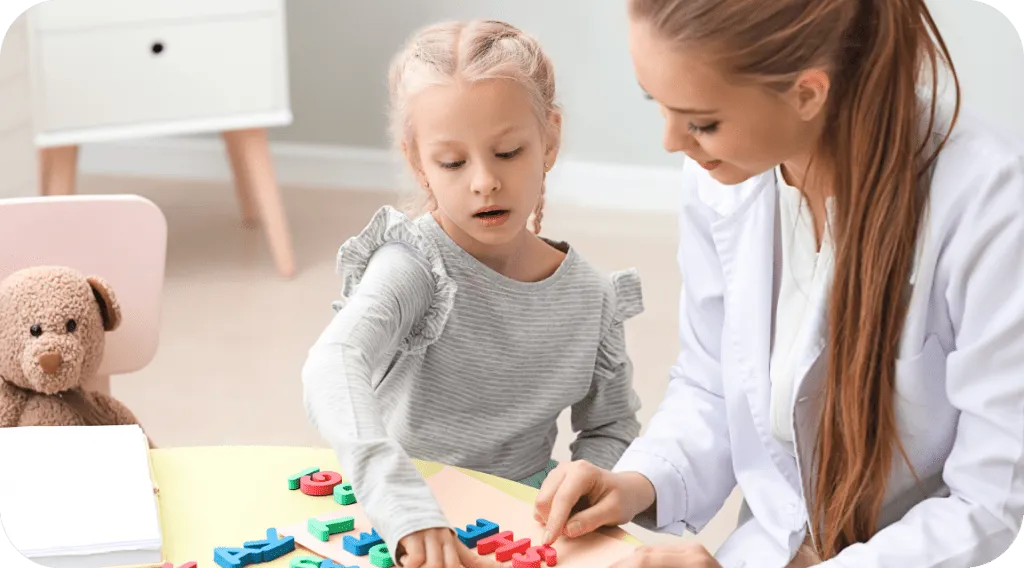
We believe children should always enjoy their time with us, as well as benefit from the quality therapy we provide. So we include activities your child will find motivating, based on their preferences.
While our therapy plans for children with dyslexia are never one-size-fits-all, there are some common features in the best-practice treatments we provide for children with dyslexia.
One important component of dyslexia intervention is that your child is aware of the specific skills we’re targeting and why.
- We’ll focus on strengthening your child’s phonological awareness skills, which involves helping them to recognize and manipulate sounds and sound combinations.
- We’ll target their reading skills, focusing on the building blocks of literacy and letter-sound correspondence, building to whole-word recognition skills.
- We’ll work on reading aloud and bolster your child’s reading fluency, as well as target their ability to recognize and repair issues with their reading when they occur.
- We’ll expand their vocabulary by teaching them new words and strengthening their ability to identify known words in print.
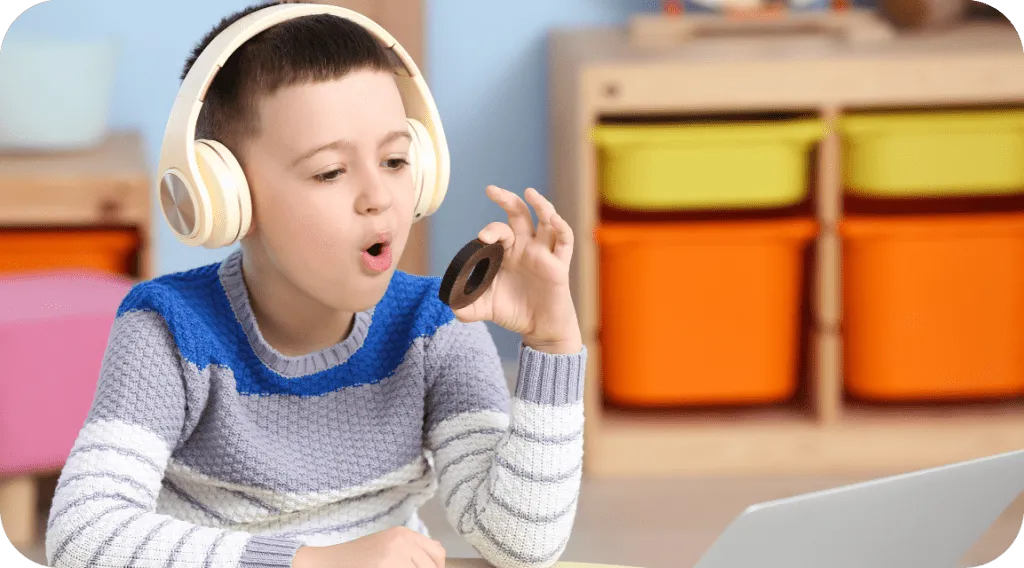
We’ll involve you in our sessions, training you in ways to help support your child at home with the use of strategies and carryover work. This extra practice will help your child to master the skills we’re working on in therapy.
We’ll also be here to support and uplift your child, throughout their time with us. Above all, we want them to know they can reach their full potential and we believe in their ability to succeed.
Like a tree with many branches, connected to a strong, rooted foundation—we are Therapy Tree. It’s our mission to help children and families succeed and thrive with the highest quality therapy services. Check out our website for more info, free resources, or to schedule an appointment. With multiple clinic locations—there’s a Therapy Tree location nearby to help you.
P.S. You can also follow us on social media (simply click the icon for your fav platform at the bottom of our homepage) and sign up for our newsletter for all the latest TT news, events, and even fun giveaways and prizes!
